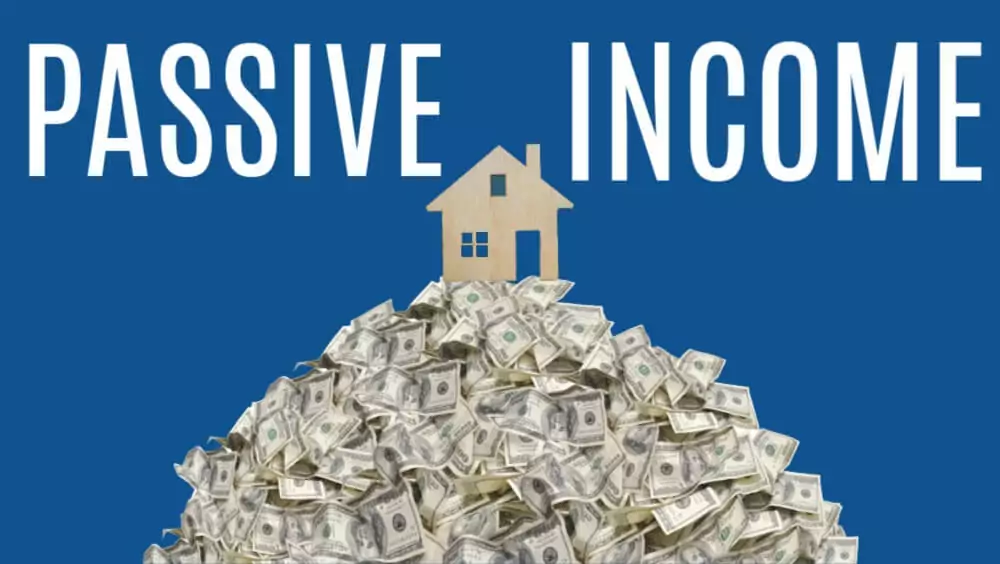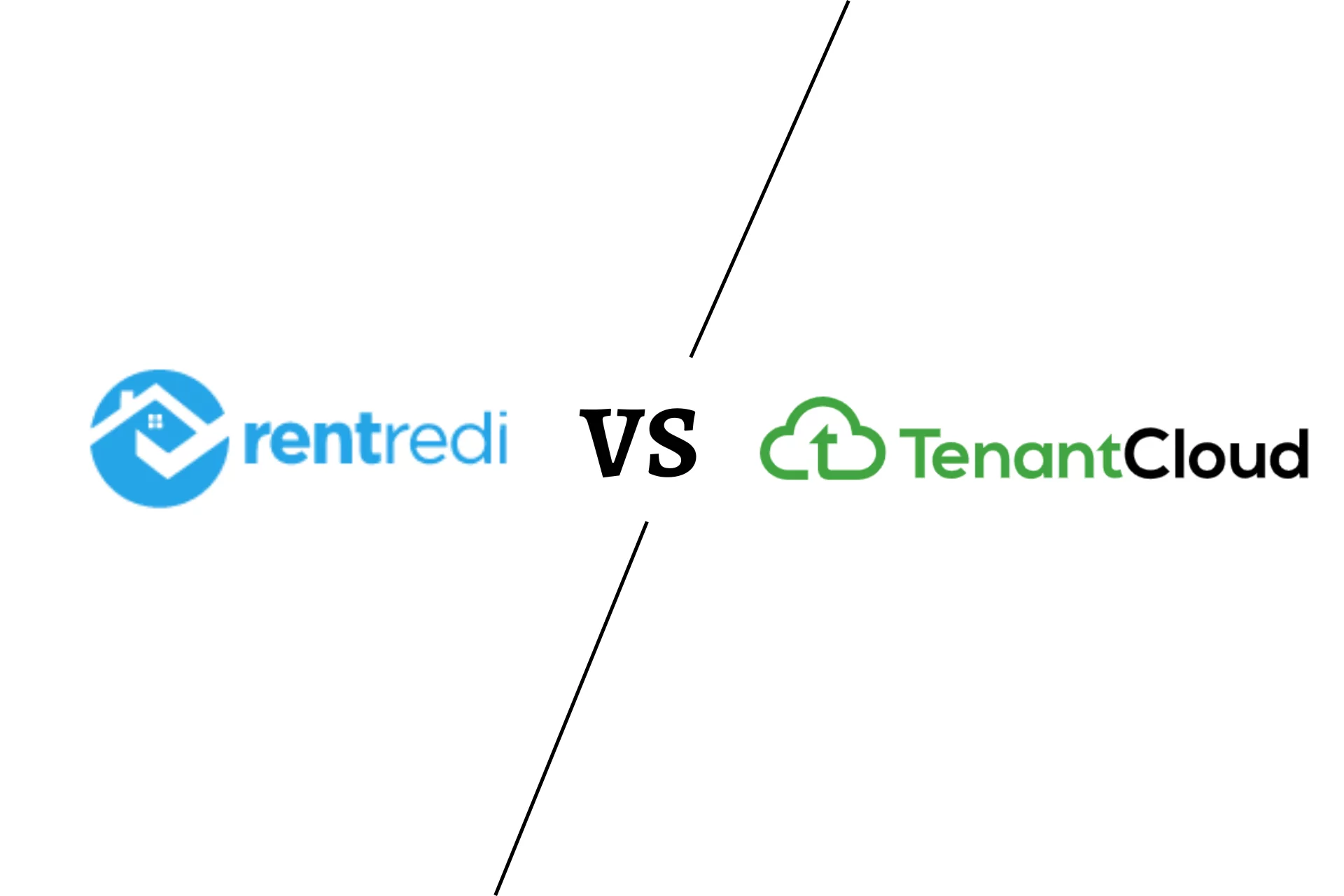Chances are that if you’re reading this article about earning passive income, you have big plans for the future that come with an even bigger price tag.
One of the best ways to grow your wealth is to seek out multiple income streams, including the oh-so-coveted “passive income.”
In this article, we’ll explain why real estate investment is a great source of passive income and how you can set yourself up for success, including how to keep track of rental income.
What is Passive Income in Real Estate?
Passive income in real estate refers to earnings generated from one or more investment properties. An investment property may also be called a rental property. Generally speaking, it refers to any piece of real estate that is purchased by an owner who does not intend to occupy it themselves.
While purchasing and renting out real estate is a popular passive income stream, it’s not the only kind. Other ways of generating passive income include investment in stocks or investing without taking an active involvement in a business venture.
The IRS defines passive income as a “trade of business in which you don’t materially participate”. They go on to specify that this includes most income from real estate. Don’t worry, though, being a property investor in the eyes of the IRS is a positive thing, as it means that you can access certain benefits such as the ability to write off everyday expenses like repair costs and home depreciation.
How to Create Passive Income in Real Estate?
First thing’s first: the term “passive income” is a bit of a misnomer when it comes to real estate. While you can see incredible financial gains from your real estate investment(s), don’t let the term “passive” fool you into thinking there isn’t any work involved.
However, with the right strategy and infrastructure (both literally and figuratively) in place, you can earn money through (mostly) passive means. One key step is learning how to separate money in bank account setups, which helps you manage income streams more effectively and keep your finances organized. Here are some additional things you can do to ensure your income is as ‘passive’ as possible:
- Thoroughly screen tenants. Some of the ways of vetting tenant quality include character references, credit reports, work history, and conversations with previous landlords.
- Take your investment seriously. The decision to become a landlord is a serious business undertaking and should be treated as such.
- Learn the law of the land. Many jurisdictions have laws in place to protect tenants and landlords. They vary greatly by geography, so it’s best to familiarize yourself with the laws that govern the city or town where your properties are.
- Being proactive about upkeep. Taking care of a house or apartment takes a significant amount of financial resources. Stay one step ahead of your expenses and avoid unpleasant surprises by making proactive improvements to your properties. Property management software that offers accounting tools can make managing these expenses a lot easier. You can use real estate financial software to help track everything.
- Decide what you’re up for. Some landlords prefer to not perform repairs and upkeep themselves and opt to work with property management companies. This will cut into your profits, but will also reduce the amount you need to interact with tenants or physically visit your property.
Some of the most common types of real estate investments include:
Single Family Homes
The most straightforward of all investment opportunities involves purchasing one single-family house (or condo unit) and renting it out. This is the least complex form of real estate investment and is often profitable.
Multi-Unit Properties
Depending on where you live, your local housing stock may be flush with multi-unit homes like duplexes, triplexes, and even fourplexes. While these will usually entail a higher initial investment amount, they can pay off significantly.
House Flipping
Although house flipping does not offer the long-term benefits of being a landlord or leveraging cash flow property management to generate consistent income year after year, it does provide an opportunity to profit from a property in a short time frame. The idea is to make a profit by buying and selling houses—most investors purchase a fixer-upper, complete the necessary repairs, and sell it at a profit.
How Much Should You Initially Invest When Generating Passive Income?
When purchasing rental properties, you are subject to higher down payment requirements of 20 to 20%. While it’s possible for some homeowners to purchase a property with as little as 5% down in some locations, those looking to invest in real estate will generally need to provide 20 down. This number may be even higher for multi-family properties.
Where to Start When Making Passive Income Through Real Estate?
Think that earning passive income through real estate is for you? Here are a few steps on getting started.
1. Do as Much Research as Possible (But Still Expect the Unexpected)
If you do decide that being a landlord isn’t in the cards for you, you might be interested in a Real Estate Investment Trust (REIT). This is a take on mutual funds where investor capital is pooled and sold off, offering the opportunity to profit off of real estate without purchasing any property yourself.
Another possibility is investing in a real estate crowdfunding company. With real estate crowdfunding, shareholders buy equity in certain properties and share in the profits when the property is leased or sold.
2. Crunch the Numbers
Real estate can be expensive, so it’s important to determine how much you can afford before you dive in.
It isn’t just mortgage costs that you should be thinking of, either. Those low interest rates may be appealing, but keep in mind that you also have the cost of municipal taxes, maintenance costs, emergency repairs, homeowner’s insurance, and more. Baselane’s built-in accounting can help you determine what you can afford.
3. Find the Ideal Property
It’s best if you can shop in a real estate market that you’re familiar with so that you can be better attuned to up-and-coming neighborhoods and local trends.
4. Make a Plan
You’ll need to know not only how to source tenants but also how to keep them. What’s the plan for when something goes wrong? It’s important to think ahead and explore all possible scenarios.
Final Thoughts
There is a lot that goes into creating passive income through the purchase of property, but there’s a reason why so many budding investors do it, especially when backed by the best cash reserve account to manage unexpected costs and stay financially agile.
Make the most of your passive income investment by relying on a platform for rental management that allows you to collect rent and manage expenses with ease.
FAQs
Investing in rental property presents an excellent opportunity for monthly cash flow. After an initial down payment, real estate investors can have their mortgage paid off by their tenants, build equity and generate monthly income from their rental property.
Real estate investments are a great way to diversify your assets and experience a high return that can help you save for retirement and other life expenses. Real estate investors can also access certain tax benefits that can help maximize their profits.
In short, yes. Income that is generated through investment properties is taxed as ordinary income on your tax return.
However, there are many ways for real estate investors to lower the rate that they pay on their investments. Each property investor has a long list of tax deductions that they are entitled to, including their costs of insurance, mortgage interest payments, HomeOwners Association (HOA) fees, the cost of maintaining the property, and even property depreciation. They will be required to submit an in-depth overview of these expenses to the IRS using the Schedule E tax form.
This list is by no means exhaustive. Your best bet is to work with an accountant that understands the particulars of the world of real estate investment.







